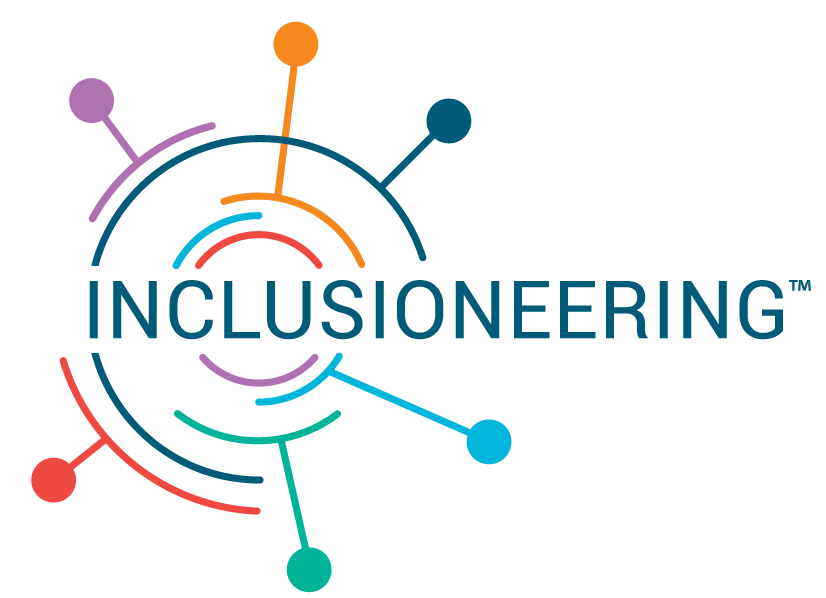I’m Julia and I recently joined the Inclusioneering team. I’m fairly new to the world of tech, particularly AI but I find it fascinating.
I’m also passionate about creating a fair and unbiased environment for people, especially for those in the workplace. This is why I find the work that Inclusioneering does so interesting.
Recently, our CEO and Founder, Jo Stansfield recently took part in Agile Cambridge’s conference, discussing tech ethics with Euan Matthews.
One of the topics explored were the responsibilities of AI and the importance of fairness, non-bias and non-discrimination.
Later that week, I read an article from The HR Director. In the piece, writer Michiel Hulsbergen states, thanks to AI, repetitive jobs will cease to exist and that ‘HR managers must be realistic about how their workforce stays viable and employable’.
As someone who is relatively new to AI, this got me thinking.
Without a doubt, AI has many benefits including efficiency, data analysis and automation, however I think potential risks need to be analysed, especially when using AI driven software to support sectors like HR.

According to Ashfords ‘Taking the Human out of Human resources’ article, they list some of the risks of using AI in HR as:
Continuing bias and discrimination
They highlight that AI algorithms ‘are only as unbiased as the data they are trained on’. Meaning that if the information used to develop the AI models contain biases, then those biases are enhanced and unintentionally used in the decision-making process.
The consequences of this include discriminatory hiring, biassed evaluations and a disparity for those from diverse backgrounds.
Absence of empathy
AI is unable to fully grasp the complexities of human emotions and behaviours. This may enable employees to feel detached from the AI software, leading to dissatisfaction in their job and a decreased retention rate for the employer.
Lack of employee privacy and data security
AI in HR depends on gathering and analysing large volumes of employee data. This could raise concerns about privacy and data security. Improper handling of sensitive information can result in breaches, unauthorised access, or misuse of personal data.
Decrease in human connection
Relying on AI could also limit the amount of human interaction we get, leading to a divided team.
In person discussions between an employee and HR representative are an opportunity to raise concerns, ask for advice and build trust with the particular organisation. Without this, employees unable to ask for support could go unnoticed.
Summary
Considering the pros and cons of using AI driven software in the HR sector, I believe that maintaining the right balance between technology and human interaction is the way forward.
While it’s beneficial for a business to mitigate human error, and use AI to accelerate onboarding, the lack of human interaction and issues with data privacy can’t be ignored.
It’s crucial to create a workplace environment which values the advances in technology along with emotional intelligence and self-awareness. This will enable both employers and employees to get the best of both worlds.
References
The HR Director: https://www.thehrdirector.com/features/artificial-intelligence/ai-will-change-hr-management/
Ashfords: https://www.ashfords.co.uk/insights/articles/taking-the-human-out-of-human-resources-the-risks-of-using-ai-in-hr
